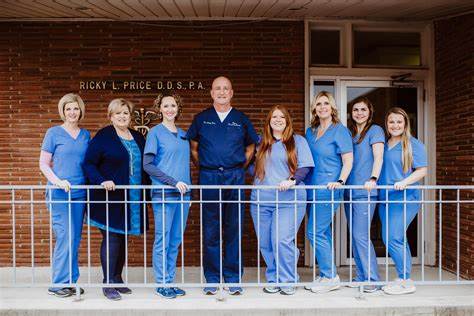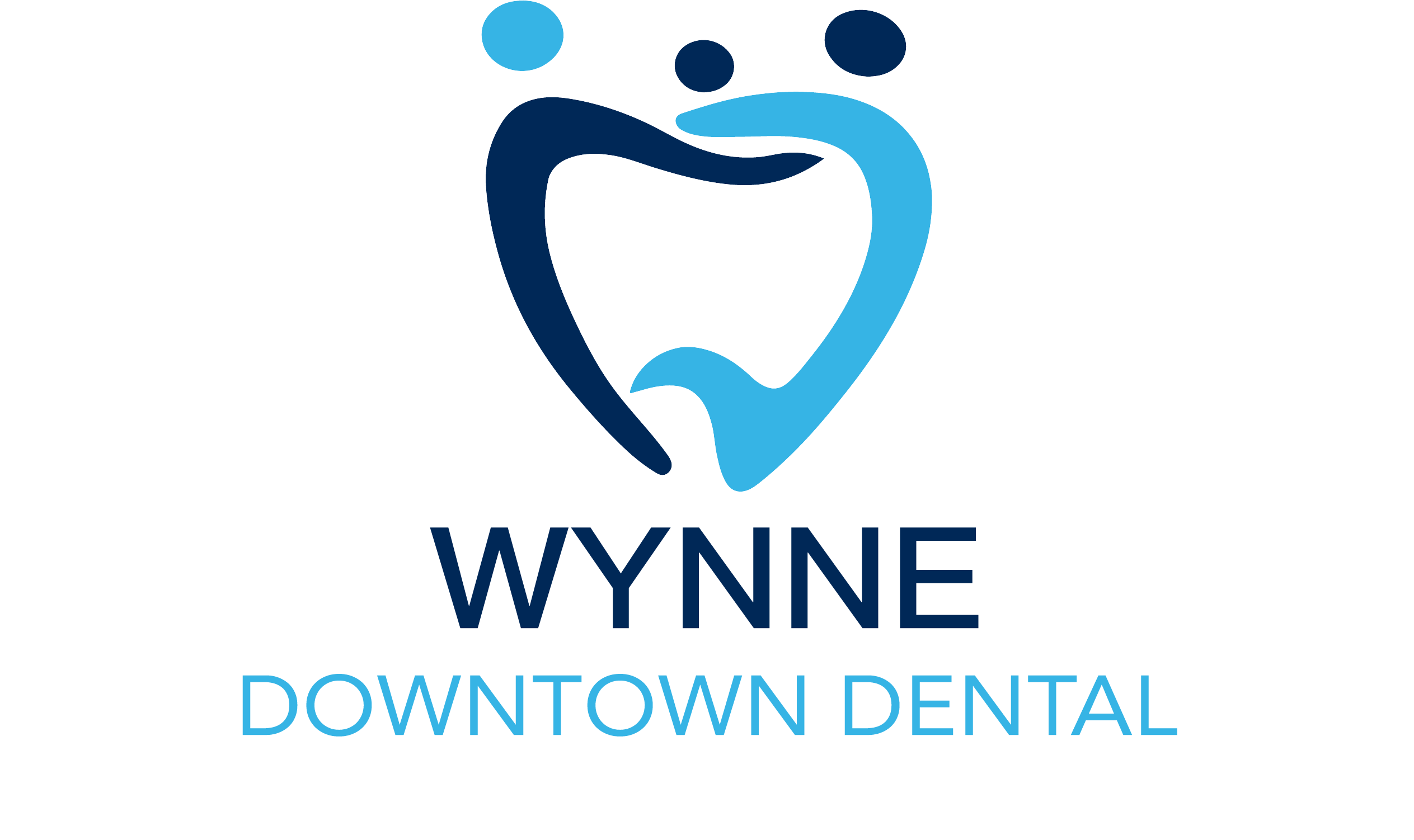
04 Dec How to Take Care of Baby Teeth
Taking care of baby teeth is crucial for your child’s overall health and future smile. Establishing good oral hygiene habits early on sets the stage for a lifetime of healthy teeth and gums. Baby teeth may be temporary, but they play a vital role in speech development, chewing, and holding space for permanent teeth. In this guide, we’ll cover five essential tips for taking care of baby teeth.
Start Oral Care Before Teeth Erupt
Oral care for your baby should begin even before the first tooth makes an appearance. Surprising, right? It might seem unnecessary to clean a baby’s mouth when there are no teeth, but it’s an important step for overall oral health. Bacteria can still accumulate on the gums, and cleaning them sets the stage for healthy teeth when they erupt.
To clean your baby’s gums, use a soft, damp cloth or a specially designed infant gum cleaner. Gently wipe the gums twice a day, once in the morning and again before bed. This not only removes any milk residue or bacteria but also gets your baby accustomed to the sensation of oral care. Starting early makes it easier to transition to brushing when the teeth come in.
Brush Baby Teeth Twice Daily
Once that first tooth peeks through, usually around six months it’s time to start brushing. You might wonder how to brush such tiny teeth, but it’s simpler than you think! Use a soft-bristled, infant-sized toothbrush and just a tiny smear of fluoride toothpaste, about the size of a grain of rice.
Brushing should be done twice a day: once in the morning and once before bedtime. These two times are critical because they help remove plaque that builds up from feeding. Make it a fun and gentle routine to keep your baby engaged. Let them see you brushing your own teeth. It’s a great way to lead by example!
Why fluoride toothpaste? Fluoride strengthens the enamel and helps prevent cavities. Just make sure you don’t use too much, as babies can’t spit it out yet. As they grow older and more teeth appear, gradually increase the amount of toothpaste to a pea-sized dab.
Avoid Putting Baby to Bed with a Bottle
It’s tempting to give your baby a bottle at bedtime to soothe them to sleep. However, this habit can lead to a condition known as “baby bottle tooth decay.” Sugars from milk, formula, or juice can linger on your baby’s teeth for hours, creating the perfect environment for cavities.
Instead, if your baby needs comfort, offer a bottle filled with water or a pacifier. Another option is to finish the last feeding before bedtime and clean your baby’s gums or teeth before putting them to sleep. This small adjustment can make a big difference in preventing early tooth decay.
It’s also worth noting that extended use of bottles or sippy cups beyond infancy can lead to dental issues like misalignment. Gradually transition your baby to drinking from a cup as they grow. Not only is it better for their teeth, but it also supports their development.
Schedule the First Dental Visit by Age One
Children should have their first dental visit by their first birthday. Many parents mistakenly believe they don’t need to take their baby to the dentist until all their teeth come in, but that’s not the case. An early dental visit is essential for several reasons. First, it allows the dentist to check for any potential issues, such as improper tooth eruption or early signs of decay. Second, it gives parents the opportunity to learn proper oral care techniques tailored to their child’s needs.
During the first visit, the dentist will likely do a quick check of your baby’s mouth and teeth and discuss topics like teething, fluoride, and feeding habits. The visit is also a chance for your child to become familiar with the dentist’s office, reducing anxiety in future visits. Make dental visits a fun and positive experience. Talk to your child about the dentist in a cheerful way, and consider reading picture books about going to the dentist to prepare them.
Encourage Healthy Eating Habits
Diet plays a crucial role in maintaining healthy teeth, even for babies. Sugary snacks and drinks can contribute to tooth decay, so it’s important to limit them. Instead, focus on providing a balanced diet that supports overall health and strong teeth. Offer your baby a variety of fruits, vegetables, and dairy products like cheese and yogurt, which contain calcium for healthy teeth and bones. Avoid giving them sticky snacks like candies or dried fruits, as these can cling to the teeth and promote cavities.
Introduce water as their main drink as soon as possible. Juices, even if labeled as “100% natural,” contain a lot of sugar and should be limited. If you do give juice, make sure it’s served in a cup and during mealtime to reduce its impact on teeth. As your child grows older, encourage them to chew foods that require some effort, like apples or carrots. These foods naturally clean teeth and stimulate the gums.
Final Thoughts
Caring for baby teeth might feel overwhelming at first, but it doesn’t have to be. By incorporating these tips into your daily routine, you’ll help your child develop healthy habits and protect their teeth. Remember, baby teeth are the foundation for their adult smile. Healthy baby teeth pave the way for proper chewing, speech development, and aligned permanent teeth.
Starting oral care early, brushing regularly, avoiding harmful habits, visiting the dentist on time, and promoting a nutritious diet are simple yet effective steps you can take. Your efforts now will pay off in your child’s long-term dental health and confidence in their smile. When in doubt, consult your dentist or pediatrician for personalized advice. With your care and guidance, your baby’s teeth can stay strong and healthy for years to come.
Wynne Downtown Dental has the same priority as you: ensuring your baby has access to the dental care they need. Schedule an appointment with us today!

About Our Team
With over 30 years of expertise in the field of dentistry, our team here at Wynne Downtown Dental is ready to meet your needs. We’re passionate about educating our patients on improving their oral health and helping our patients get the smile they deserve.
